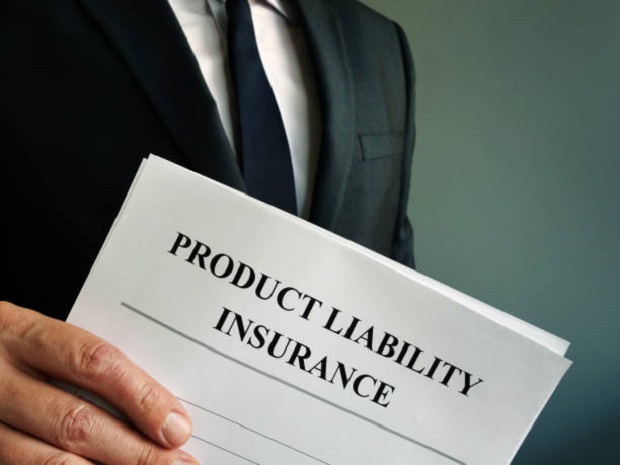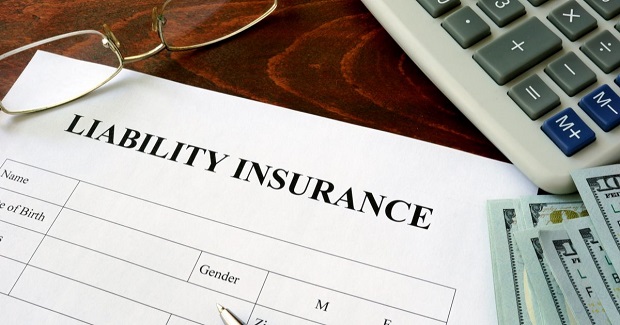Product Liability Insurance: The Ideal Coverage for Businesses
Entering the realm of business, you learn right away that only the prepared ones succeed in the long run. This preparedness encompasses a wide range of aspects, starting from creating a business plan and adopting a strategy to improve the company, finding the most appropriate location, to acquiring all the bits and pieces of equipment, and the ideal furniture.
All this is essential to make your business warm and welcoming, as well as cover up costs of investments along the way. However, if these are your only areas of concern, I hate to break it to you, but your business won’t be fail-proof because you lack a crucial aspect – that of getting adequate insurance.
Small or large, every business requires the protection from additional costs and claims, especially if you’re dealing with manufacturing, supplying, or selling products. In which case, you can’t do without coverage from a suitable product liability insurance policy.
What Exactly is Product Liability Insurance?

The simple definition would go like this: it’s the insurance offered to protect your business, as well as your employees, from possible third party claims, such as those from customers, should a specific product you provide the services for causes property damage, bodily injury, emotional distress, or even death.
This can refer to any kind of product manufactured, assembled, modified, installed, handled, supplied, or sold by you, or for you. In fact, it gets even more complex than this in Australia; importing products from abroad legally makes you their manufacturer in the Land Down Under. Having this in mind, you can’t do without the proper protection in the form of product liability coverage.
Is It Legal Requirement to Have Product Liability Insurance?
The answer is no, but if you’re thinking of the future of your business as your most valuable good that brings you the income, and that of your employees – then yes, it’s a basic investment you ought to make.

According to the ACL (Australian Consumer Law), it’s your responsibility to make sure each and every product you deal with and supply the customers with, should comply with the Australian Standards which guarantees it’s safe for use. Otherwise, you’re at risk of compensation claims by customers, or even bystanders. The bigger the threat of injuries, the higher the compensation to the injured party and the lawyers.
Taking into considerations accidents can happen at any point, and you may not know which product can cause them, insurance of this sort is more of a necessity than an extra investment. More so when you think such unpredicted costs can ruin your business’ success and reputation for good.
Does the Product Liability Insurance Cover Every Risk?
Since each business has its own risks, you’d need to get the assistance of a product liability insurance broker to get the best coverage for your specific requirements. It’s important to note here that even though it offers the exact coverage regarding the products, you can’t expect it to cover every possible risk.
Take the example of injury at your business premises, unrelated to the products – in such a scenario you’d best be protected by an additional coverage such as that of public liability insurance which isn’t to be confused with that related to the product. A broker can give you a hint on every threat, and advise you on the best solution, in addition to calculating the exact charging rate according to the goods you’re dealing with, as well as your activities.
Other policies that benefit businesses include the handy cyber insurance, crucial especially now when most companies are digital, and the accident and sickness insurance that allows you to stay financially secure even when you’re unable to work. A great businessperson is always prepared for whatever comes his/her way!
Words of Advice on Getting Product Liability Insurance

In addition to knowing all this info about the product liability insurance coverage, there are some secondary points you’d best be aware of prior to seeking the help of brokers. They are as follows:
- When calculating the premium, sales play a crucial role, so you’re advised to reveal the exact sales volume to the broker. Honesty is key! As sales are a changeable aspect, you should update the expected amount of sales for the upcoming year.
- Activities impact the claims just as much as sales do which is why it’s important to be honest about them too. If they change yearly, the broker should be aware.
- Should you start cooperating with sub-contractors, you have to consult the broker on how the liability policy responds to their operation. On-site and off-site injuries are your concern as well.
- Be sure to always read the policy wording properly because it contains exclusions in the example of faulty workmanship, and product recall.
- Endorsements and business go hand in hand, hence the necessity to be aware of them, and how they alter the cover that’s provided by your insurance policy.



